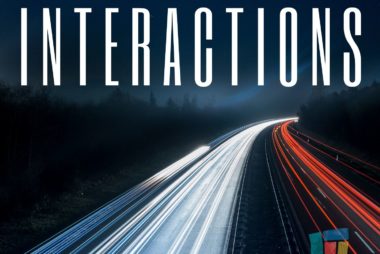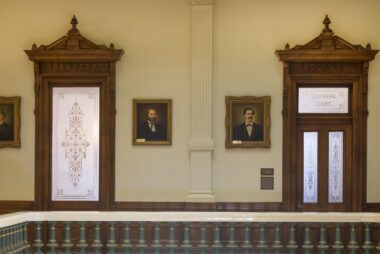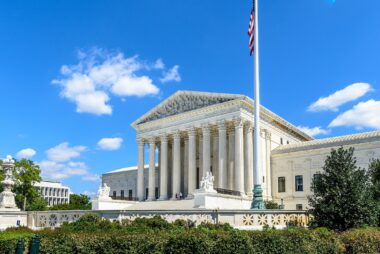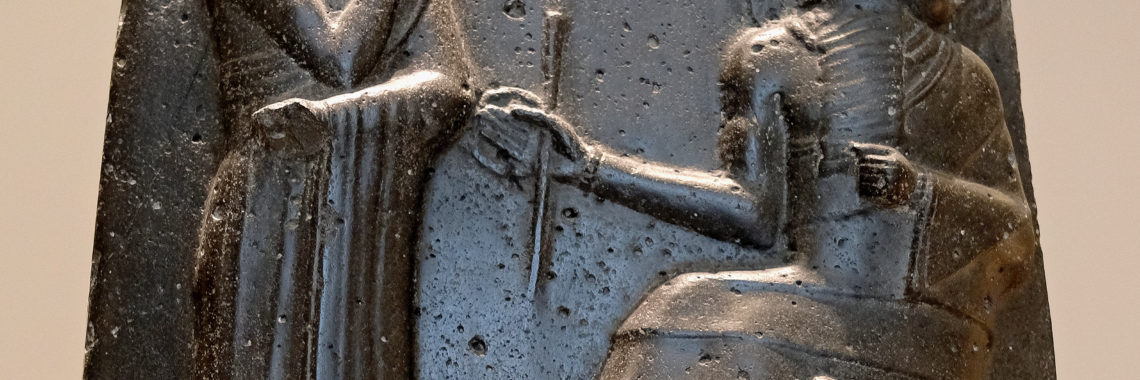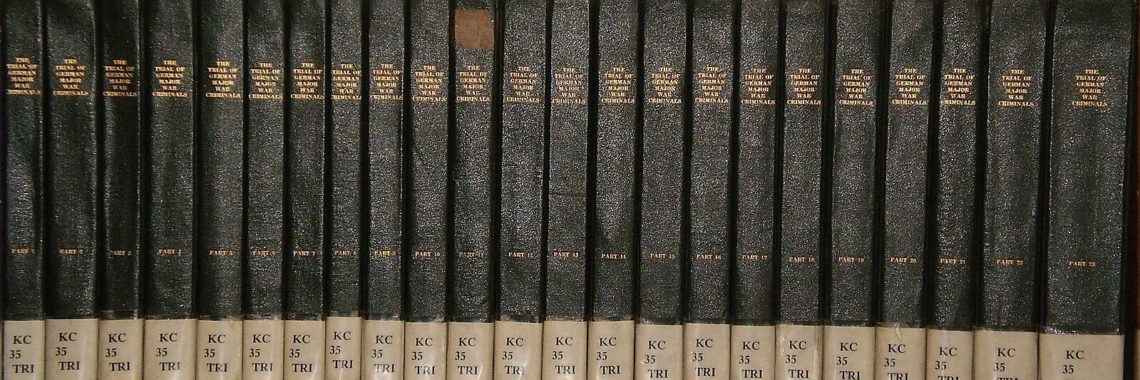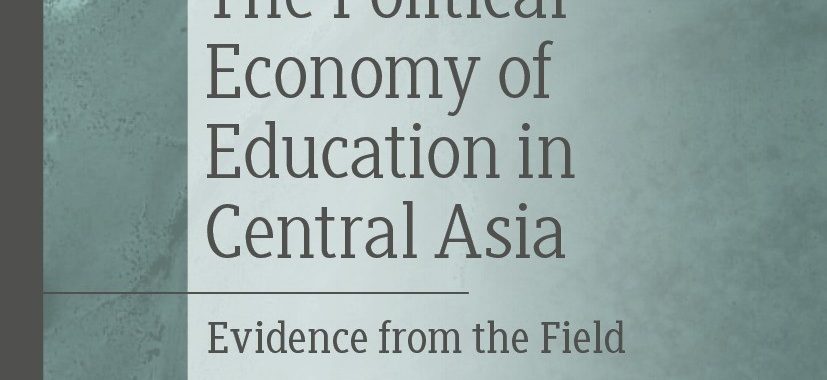“God & Country: A Look at White Christian Nationalism that Both Enlightens and Disappoints” by David Little
Mount Rushmore, USA by Dean Franklin (CC BY 2.0). Rob Reiner’s recent movie, God & Country is, to be sure, a compelling presentation of the character and influence of white Christian nationalism and a powerful reminder of the dire threat the movement represents for American political and social life in this portentous presidential election year. …



